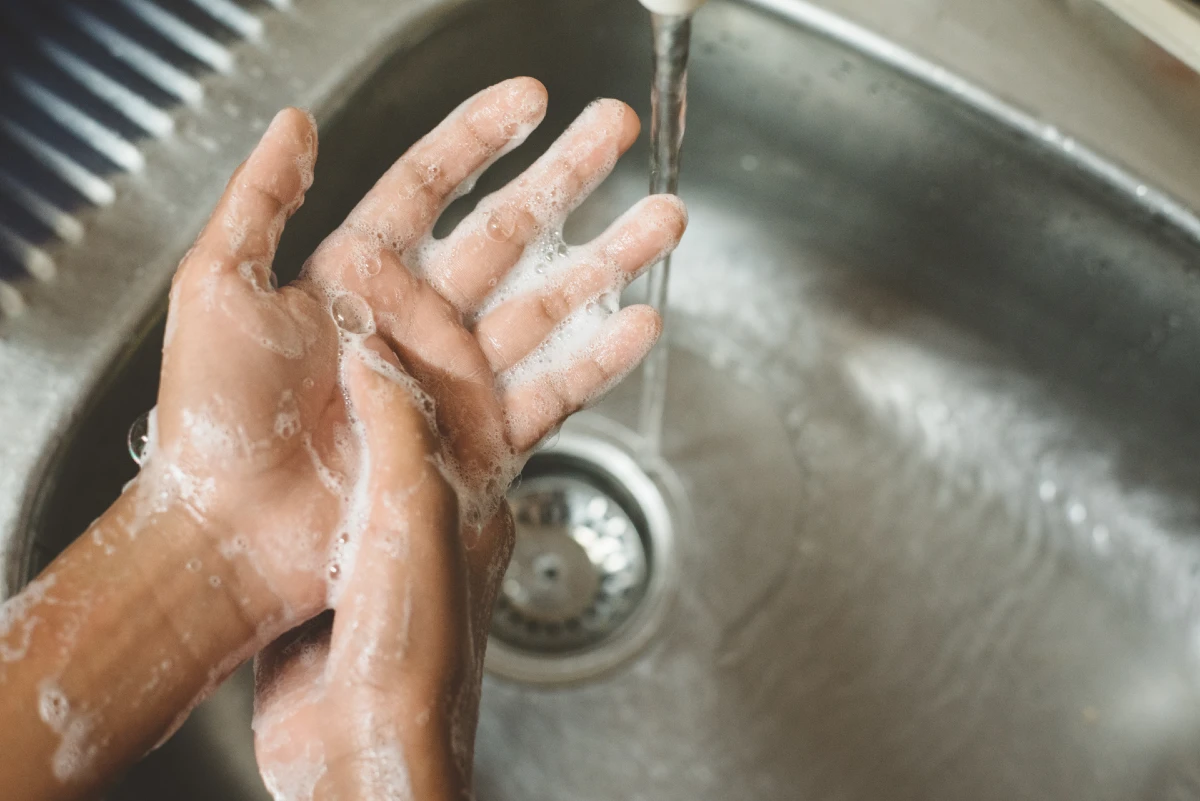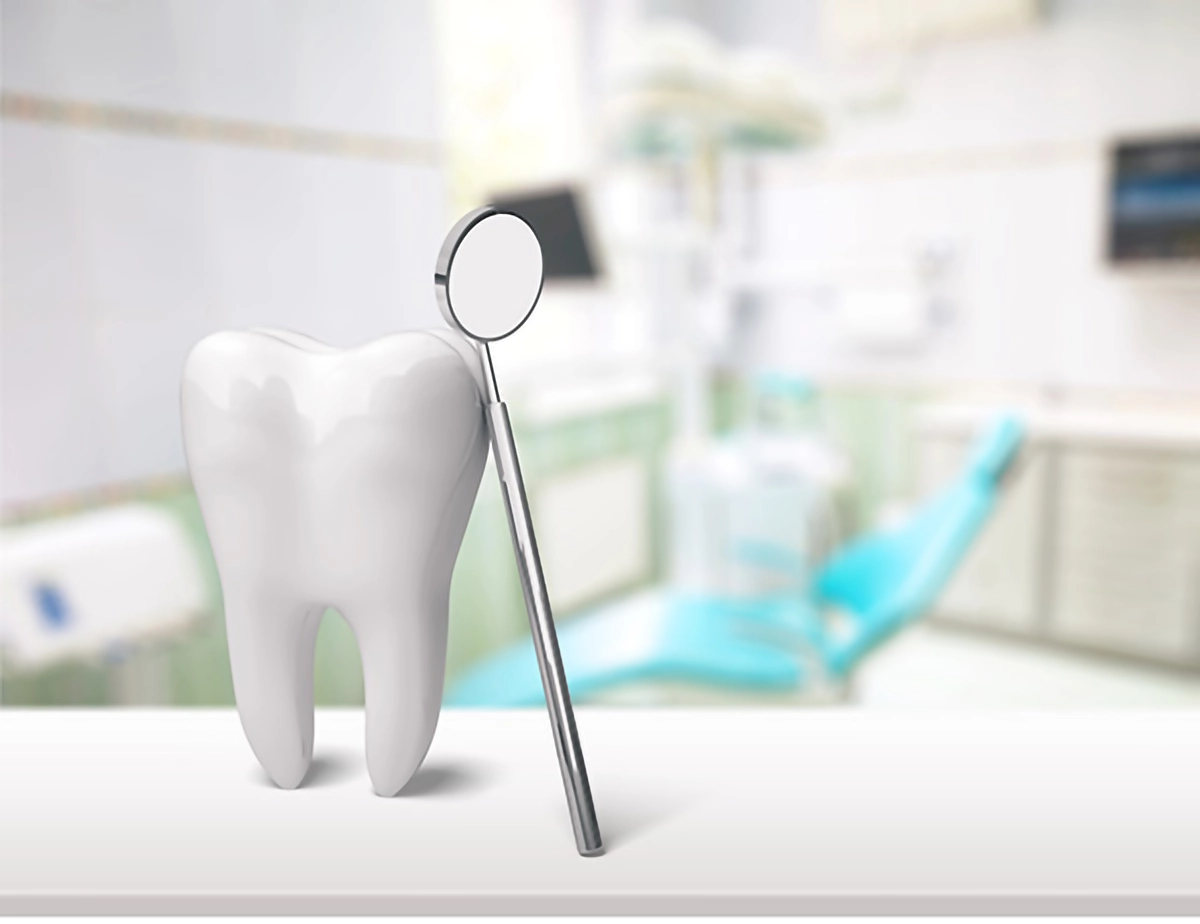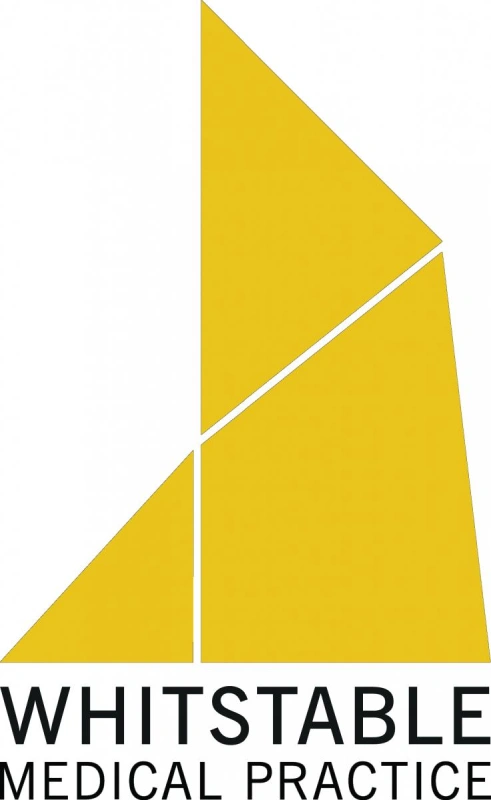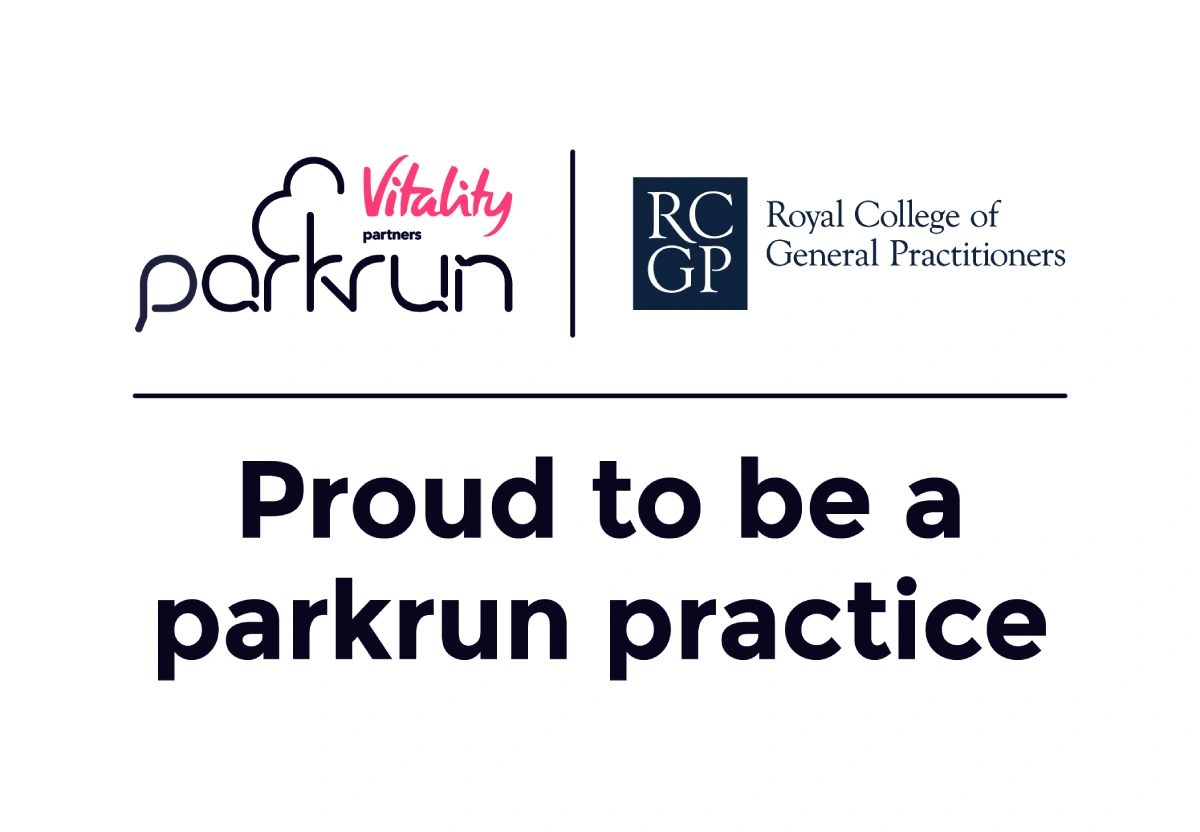We use cookies to help provide you with the best possible online experience.
By using this site, you agree that we may store and access cookies on your device. Cookie policy.
Cookie settings.
Functional Cookies
Functional Cookies are enabled by default at all times so that we can save your preferences for cookie settings and ensure site works and delivers best experience.
3rd Party Cookies
This website uses Google Analytics to collect anonymous information such as the number of visitors to the site, and the most popular pages.
Keeping this cookie enabled helps us to improve our website.
Patient Participation Group Newsletter: Summer 2025

Welcome to our Summer 2025 Newsletter
Our homes can be dangerous places! In this issue we take a look at some of the things you can do to keep safe at home, writes PPG Chair Lynne Spencer.
Safety first with batteries Many household items, including thermometers, small remotes and LED lights, are powered by button batteries that can badly hurt or kill a child if swallowed. There has been an increase in the number of children and dogs swallowing small batteries So, remember to check button battery compartments are safely secured with a screw or similar fastener to prevent children gaining access, and put them away from their reach if you have removed them to see the batch number to order a new battery.
If it isn’t secure, please keep it out of reach of children. You can find out more about the dangers of such batteries from the Child Accident Prevention Trust.
Think 111
Did you know that two in five A&E attendances are avoidable? Nearly one in six 999 calls only need clinical advice over the phone! It can be scary when we feel unwell, especially if it is a child that we are responsible for. But NHS 111 is very helpful, and it is available 24 hours a day, seven days a week. The trained people who answer can help assess and direct you to the right place. If you need it, they can arrange a call back from a nurse, doctor or paramedic. Call, go online or use the NHS App.
Sunglasses protect your eyes
Bright sunshine can increase your risk of cataracts and age-related macular degeneration, the most common cause of sight loss in older people. This is not only direct sunshine, but reflection of the sun, such as when we sit at white plastic tables or stainless steel or glass tables.
The skin of our eyelids is thin and prone to skin cancer if not protected. UK regulations are strict; sunglasses must block 99-100% of UV radiation. The same may not be true of shades bought abroad (or online), so be aware of copies.
Handwashing (and drying): not just for Covid!
The message during the pandemic was to wash our hands thoroughly to stop germs spreading. What is often forgotten is the importance of drying your hands properly.
Damp hands spread germs far more efficiently than dry hands. So don’t be tempted to brush your hands on your clothes, as this undoes the benefit of the wash.

Don’t dump the blister packs
Many of us take medication every day, most of our tablets are in blister packs. You can recycle these? Larger Boots chemists provide this service as do Lady Dane Vets in Cromwell Road, Whitstable.

Moisturise! Moisturise!
That was the message from the dermatology service; and this includes men. Melanoma the most serious form of skin cancer is on the rise. Women develop it on their legs, with men it is more often on their backs, chest and stomach, this reflects how we dress in hot weather.
Encourage everyone in your family to use sunscreen. Ideally, young children in prams or buggies need to be covered with a sunshade or parasol. Remember as the sun moves or you change direction the shade will need to be adjusted.
Expecting or new parents can access 24/7 support
Becoming a parent is a wonderful, scary, exciting experience. It is easy to become overwhelmed by the strong emotions that are stirred by the experience. The longer they last, the more likely that a person can feel negative about themselves. One in five people experience mental health issues, especially selfdoubt in the first two years following the birth/arrival of the baby.
The self-doubt can express itself as anxiety, headaches, tummy ache, dizziness, nausea and impact on bonding and attachment with the baby. Help is at hand. KCC provides free perinatal (around the time of birth) mental health helpline or text service. To contact free support at any time: Telephone 0800 107 0160 Text SHOUT to 85258.
Read about perinatal mental health helpline and text service here.
The Integrated Care Board wants feedback
The Integrated Care Board is the NHS organisation that plans and buys healthcare services to meet the needs of the 2million people living in Kent and Medway. It would like to hear your views about local health services. Send any feedback or compliments to them here.
Look after your teeth and gums
Healthy gums are important for our health. Failing to brush our teeth regularly increases the risk of developing diabetes.
It is thought that the lack of brushing lets bacteria thrive in the mouth, and this raises our blood sugar, which over time, affects the ability to regulate blood sugar.
Women before becoming pregnant would be wise to make an appointment with a dental hygienist to review the healthiness of their gums.
It is important to follow the four cardinal rules of oral care:
- Brush teeth for two minutes twice per day, using a fluoride toothpaste
- Clean between your teeth with Tepi Brushes or dental floss
- Cut down on how much and how often you eat sugary food and drinks
- Enrol with a dental practice, see a dentist annually and a hygienist as required.

Gums become softer in pregnancy, so they are more likely to be damaged by over enthusiastic brushing. This means that bacteria which live in the mouth as commensals (healthy bacteria for the mouth) can leak into the circulatory system and cause infection elsewhere.
Women with poor gum health are more likely to develop pre-eclampsia, give birth prematurely and have under weight babies. This can lead to premature labour, and babies needing care in a neonatal ITU or mothers developing infections.
However, sugar free gum containing xylitol can prevent periodontal disease, inhibit harmful oral bacteria and reduce inflammation. This is good news because oral infections during pregnancy can trigger systemic inflammation and impact on the baby’s development.
It is thought that chewing sugar free gum works by increasing saliva production and neutralising plaque acids, which reduce the risk of tooth decay. But make sure it is sugar-free gum. For more information see here.
Housing Problems? Help’s at hand
Struggling to pay your rent or mortgage? Facing eviction? Or experiencing issues with housing benefits? Canterbury Housing Advice Centre may be able to help.
Call 01227 762605 for free and confidential housing advice Whitstable Drop-in Thursdays 1-3pm in the Umbrella Centre, 10 Oxford Street, Whitstable, CT51DD
Healthwatch Kent is your local health and social care champion.
If you use GPs and hospitals, dentists, pharmacies, care homes or other support services in your area, it wants to hear about your experiences. It can also help you to find reliable and trustworthy information and advice.

COGS offers memory help
If you are experiencing memory problems, the COGS Club could be for you. Do you enjoy activities like singing, quizzes, games, bingo, arts and crafts?
Would you like to volunteer to help facilitate activities for our clients? For more information as to how to join this group, please contact Carole on 01227 749570 or via the Age UK Website.
Access the App
You can use the NHS App to:
- check symptoms and get instant advice
- book and cancel appointments
- order repeat prescriptions
- view your GP medical record
Get involved with the Patient Participation Group
Are you interested in becoming an Associate Member of the Patient Participation Group? Or would you like to find out more about how you can contribute your voice to services at WMP?
Then please visit our PPG page here. The PPG is the patients’ voice and represents people who are registered as patients with WMP. If you are a patient of the Practice, we’d love to hear from you.

Support the Food Bank
If you donate to Canterbury Food Bank, you may be surprised to learn that every £1 you donate is worth £6.55. The food parcels impact on people’s health and wellbeing.
The support provided assists people with financial advice, fuel bills and accessing health services. So well done to CFB and all their volunteers, and perhaps next time you see them collecting, if you can, please donate.
The Umbrella Centre
The Umbrella Centre is trying to raise enough money to buy the building and the lease from Canterbury Council. It needs to raise about £500,000. Are you able to donate?



